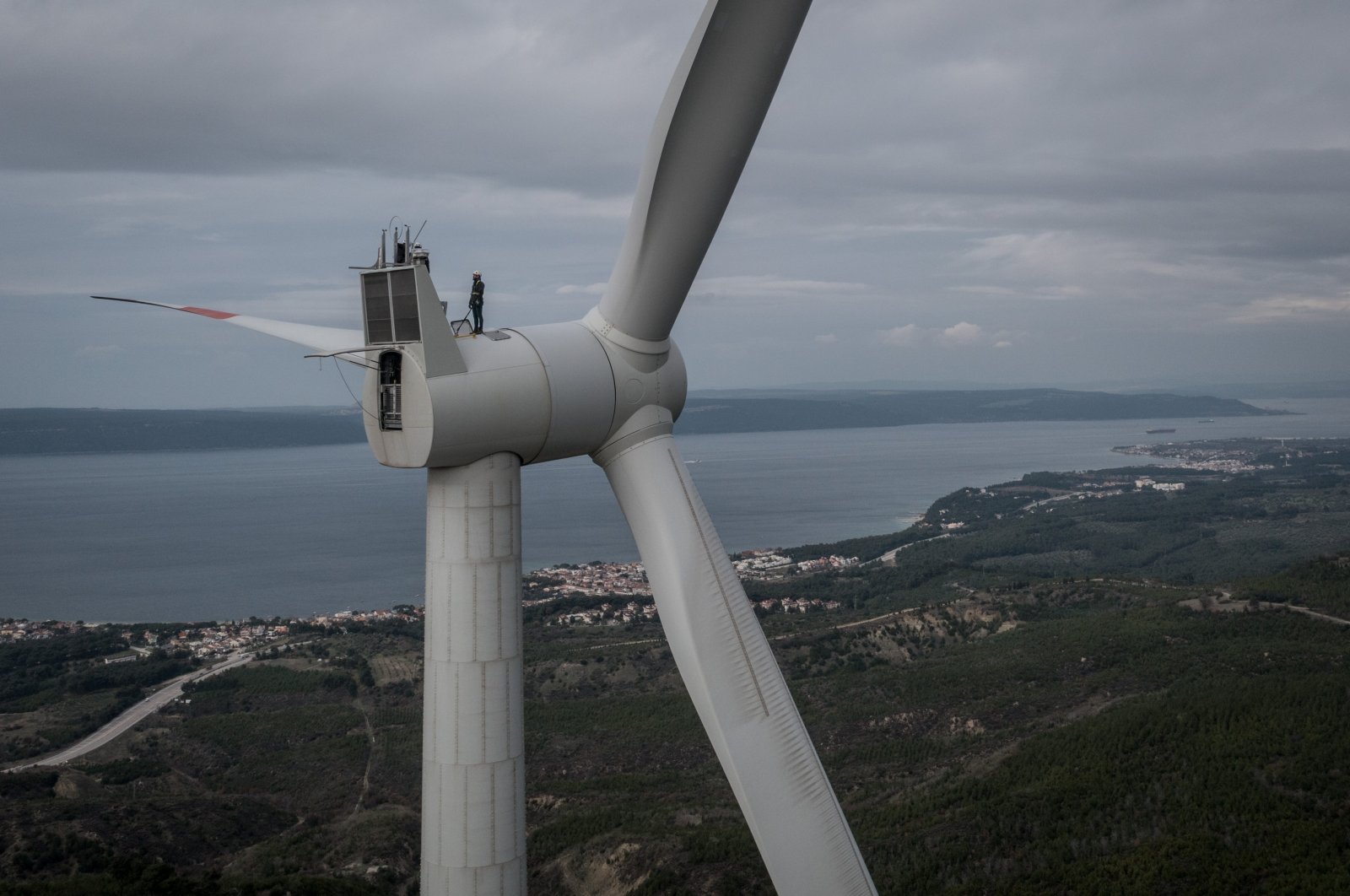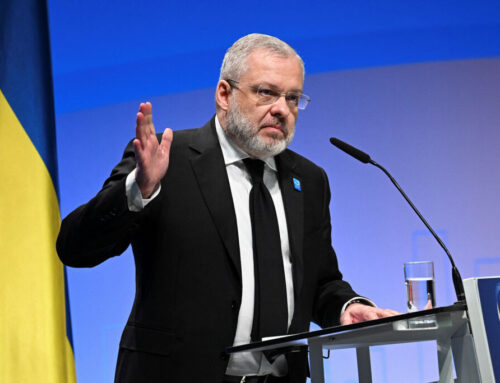Pathway to sustainable growth for Türkiye, Scandinavia in renewable energy
October 8, 2024

As the world shifts toward a low-carbon future, the need for international collaboration in renewable energy has become more critical than ever. Türkiye with its vast renewable energy potential, stands at a crossroads, aiming to reduce its reliance on fossil fuels and secure energy independence. Scandinavian countries – Denmark, Sweden and Norway – are pioneers in renewable energy technologies and offer unique expertise that could greatly benefit Türkiye’s energy transition. By fostering cooperation with these nations, Türkiye can accelerate its renewable energy deployment, optimize energy efficiency and leverage cutting-edge technologies.
Türkiye has made significant strides in renewable energy, with 52% of its electricity generated from renewable sources in 2022. The country has abundant natural resources, including excellent solar potential in Central Anatolia, strong wind energy opportunities along the Aegean and Mediterranean coasts, and substantial hydropower resources in the Black Sea region. However, despite these advantages, Türkiye faces several challenges in scaling up its renewable energy sector, including the need for advanced technology, investment and grid modernization.
Model for Türkiye
Collaboration with Scandinavian countries offers a promising pathway to overcome these challenges. Scandinavian countries have developed efficient technologies, robust policy frameworks and successful public-private partnerships that could assist Türkiye in scaling its renewable capacity.
Scandinavia is a global leader in renewable energy innovation. Denmark generates nearly 50% of its electricity from wind energy and is a world leader in offshore wind technology. In 2021, Denmark inaugurated the largest offshore wind farm, Horns Rev 3, capable of producing 406 MW, enough to power 425,000 households. Norway is the largest producer of hydropower in Europe, with over 98% of its electricity coming from renewable sources. Norway’s experience in managing large-scale hydropower systems could greatly enhance Türkiye’s hydropower projects in the Black Sea region. Sweden, on the other hand, is at the forefront of solar energy innovation and energy storage technologies, making strides toward its goal of becoming 100% powered by renewables by 2040. Sweden’s smart grid technologies and battery storage innovations are highly relevant to Türkiye’s grid modernization efforts. The technological leadership of these countries, combined with Türkiye’s vast renewable potential, makes cooperation a win-win scenario.
Existing bilateral agreements
Several existing agreements between Türkiye and Scandinavian countries provide a strong foundation for further cooperation in renewable energy.
In 2020, Türkiye and Sweden signed an agreement aimed at advancing clean energy technologies and improving energy efficiency. This partnership focuses on sharing knowledge in solar energy and smart grids, with Swedish companies such as ABB offering advanced solutions for integrating renewable energy into Türkiye’s electricity grid. Türkiye and Denmark signed a Memorandum of Understanding in 2019 to collaborate on wind energy and energy market integration. Denmark’s expertise in offshore wind technology presents a major opportunity for Türkiye to develop offshore wind farms along its Aegean coast. Notable Danish companies like Vestas and Ørsted could play a key role in building Türkiye’s offshore wind infrastructure. Furthermore, in 2021, Türkiye and Norway explored potential cooperation in offshore wind energy and hydropower. Norway’s Equinor, a leader in offshore wind and floating wind farms, could assist Türkiye in developing floating wind turbines in the deep waters of the Mediterranean, where traditional fixed-bottom turbines are not feasible.
Locations, projects
Türkiye’s Aegean and Mediterranean coasts are prime locations for offshore wind projects. The strong winds in this region could support large-scale wind farms similar to Denmark’s Horns Rev. With Danish and Norwegian expertise in offshore wind, Türkiye could establish wind farms near locations like Çeşme or Bodrum, helping to increase its renewable energy output and reduce dependence on natural gas.
Central Anatolia is one of the sunniest regions in Europe, with potential solar power generation of up to 1,500 kWh/m² per year. Sweden’s experience in developing large-scale solar farms and energy storage solutions could help Türkiye harness this potential. Joint ventures in Konya or Kayseri could lead to significant increases in solar capacity, supported by Swedish smart grid innovations.
The Black Sea region offers significant opportunities for hydropower expansion, which Norway could help develop through its expertise in hydropower management. Additionally, the region’s wind potential could be combined with hydropower to create hybrid renewable energy projects. A hydropower-wind farm hybrid in Trabzon or Rize could optimize energy generation while balancing variable wind power with consistent hydropower output.
Scandinavian scientific research institutions are at the forefront of renewable energy innovation. For example, Henrik Stiesdal, a Danish inventor and engineer, is considered one of the pioneers of modern wind turbine technology. His work at Siemens Gamesa revolutionized the design of wind turbines, contributing to Denmark’s dominance in wind energy. Türkiye could benefit from joint research initiatives with Scandinavian universities and scientists to advance technologies such as floating offshore wind turbines and energy storage systems.
Türkiye’s cooperation with Scandinavian countries in renewable energy presents a strategic opportunity for both regions. By leveraging Scandinavian expertise in wind, solar, and hydropower technologies, Türkiye can accelerate its renewable energy transition and strengthen its energy independence. Bilateral agreements already in place provide a foundation for deeper collaboration, and specific joint projects in regions like the Aegean, Central Anatolia and the Black Sea can lead to significant renewable energy gains. For Türkiye, partnering with Scandinavia is not just about technology transfer but also about creating a more sustainable and resilient energy future – one that benefits from the scientific, policy and financial leadership of some of the world’s most advanced renewable energy markets.
Search
RECENT PRESS RELEASES
Related Post



